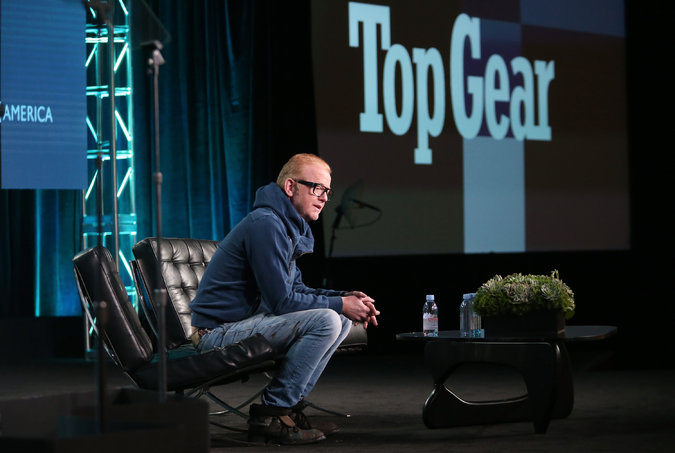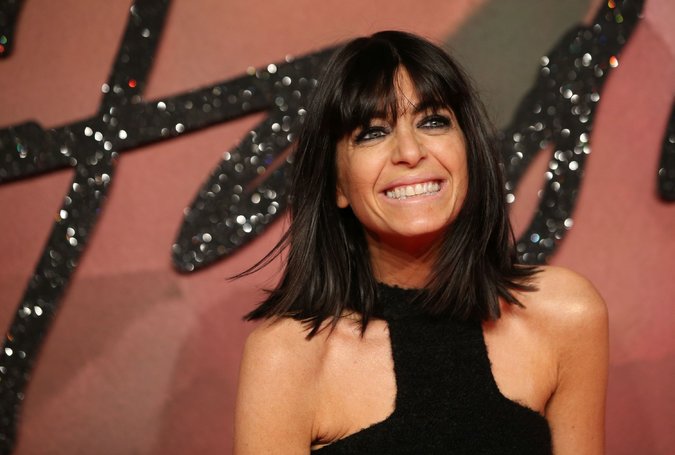Although direct comparisons were difficult, because many of those named handle more than one assignment, the publication of the data, an annex to the organization’s annual report, immediately prompted discussion about pay disparities. (The figures were released as pay bands, rather than as precise numbers.)
Tony Hall, the BBC’s director general, said less than 0.25 percent of the broadcaster’s 43,000 talent contracts last year involved annual pay of more than £150,000.
“On gender and diversity, the BBC is more diverse than the broadcasting industry and the Civil Service,” Mr. Hall said, though he added that the disclosures highlighted “the need to go further and faster.”

By 2020, the BBC intends for all “all our lead and presenting roles to be equally divided by men and women,” he said. Of the top talent hired or promoted in the past three years, he said, more than 60 percent were women.
Mr. Hall said the BBC had set a “rough target” that called for 15 percent of its highest paid stars to be of minority backgrounds by 2020; of those hired or promoted in the last few years, nearly 20 percent belong to minorities.
Critics were not satisfied. Harriet Harman, a Labour Party member of Parliament, said the “lid has been lifted” on pay discrimination, citing an “old boys’ network where they are feathering their own nests and each other’s, and there is discrimination and unfairness against women.”
The BBC has long faced criticism from commercial rivals who regard its prominent position as a bar to their ambitions.
Advertisement
Continue reading the main story
Mr. Hall said the BBC was now competing for talent not only with broadcasters like ITV and Sky, but also with online media giants like Netflix, Amazon and Apple.
Newsletter Sign Up
Continue reading the main story
Thank you for subscribing.
An error has occurred. Please try again later.
You are already subscribed to this email.
He cited research showing that BBC users overwhelmingly agreed that the organization should employ top actors and journalists “even if it means paying the market rate.”
Gerry Morrissey, the leader of the labor union Bectu, which represents thousands of engineers, technical workers and other production staff who make a small fraction of what the on-air stars take home, called for a yearly minimum salary of £20,000.
The list revealed that Chris Evans, who hosts BBC Radio 2’s breakfast show, was the highest-paid male celebrity, with a salary of at least £2 million. Claudia Winkleman, who hosts “Strictly Come Dancing,” the British equivalent of “Dancing with the Stars,” and BBC Radio 2’s arts program, is the corporation’s highest-paid female celebrity, earning between £450,000 and £499,999 (which also happens to be the pay range for Mr. Hall, the BBC chief).

Social media sites lit up with comments on what appeared to be pay disparities. For example, Laura Kuenssberg, the political editor of BBC News, makes £200,000 to £249,999, less than Nick Robinson, a BBC Radio 4 anchor and her predecessor in the role, who makes £250,000 to £299,999.
Gary Lineker, a former soccer star who now hosts the highly watched “Match of the Day” highlights program, earned £1.75 million to just under £1.8 million.
Happy BBC salary day. I blame my agent and the other TV channels that pay more. Now where did I put my tin helmet?
— Gary Lineker (@GaryLineker) July 19, 2017
In contrast, the BBC’s highest-paid female sports figure, Sue Barker, a former tennis champion who plays a lead role in the broadcaster’s Wimbledon coverage, earned £300,000 to £349,999.
(Clare Balding, who also hosts Wimbledon coverage but who plays a more prominent role in BBC sports coverage throughout the year, took home £150,000 to £199,999 — putting her in the same pay band as John McEnroe, the American former tennis star, who provides occasional commentary on matches.)
Huw Edwards, one of the main anchors of the BBC’s flagship “News at Ten,” earned £550,000 to £599,999; Fiona Bruce, another main anchor, made about £200,000 less.
Advertisement
Continue reading the main story
Some of the personalities came forward to defend their pay. Andrew Marr, an author and news broadcaster known for his hard-hitting political interviews, said in a statement that he was paid £400,475 a year — for “the weekly Sunday morning show, my radio work, documentary commissions, television obituaries, and work on big news events.” Mr. Marr said his annual salary was £139,000 less than it had been two years ago.
Several stars of the long-running soap opera “EastEnders” were on the list. And the actor Peter Capaldi, who is in his final season as the star of the sci-fi series “Doctor Who,” was paid more than £200,000 a year.
“The right has for a long time targeted the BBC as wasteful and inefficient, as part of its free-market agenda,” said Tom Mills, a sociologist at Aston University in Birmingham, England, and the author of “The BBC: Myth of a Public Service.” Top salaries at the broadcaster increased in the 1990s, he said, partly in response to pressure to make the BBC more commercial.
He said the BBC should consider a ceiling on salaries, perhaps based on a multiple of the salary of its lowest-paid workers. The high salaries, he said, contribute to a growing public feeling that the broadcaster is elitist.
Continue reading the main story
Article source: https://www.nytimes.com/2017/07/19/world/europe/bbc-salaries-pay-gender.html?partner=rss&emc=rss
Speak Your Mind
You must be logged in to post a comment.